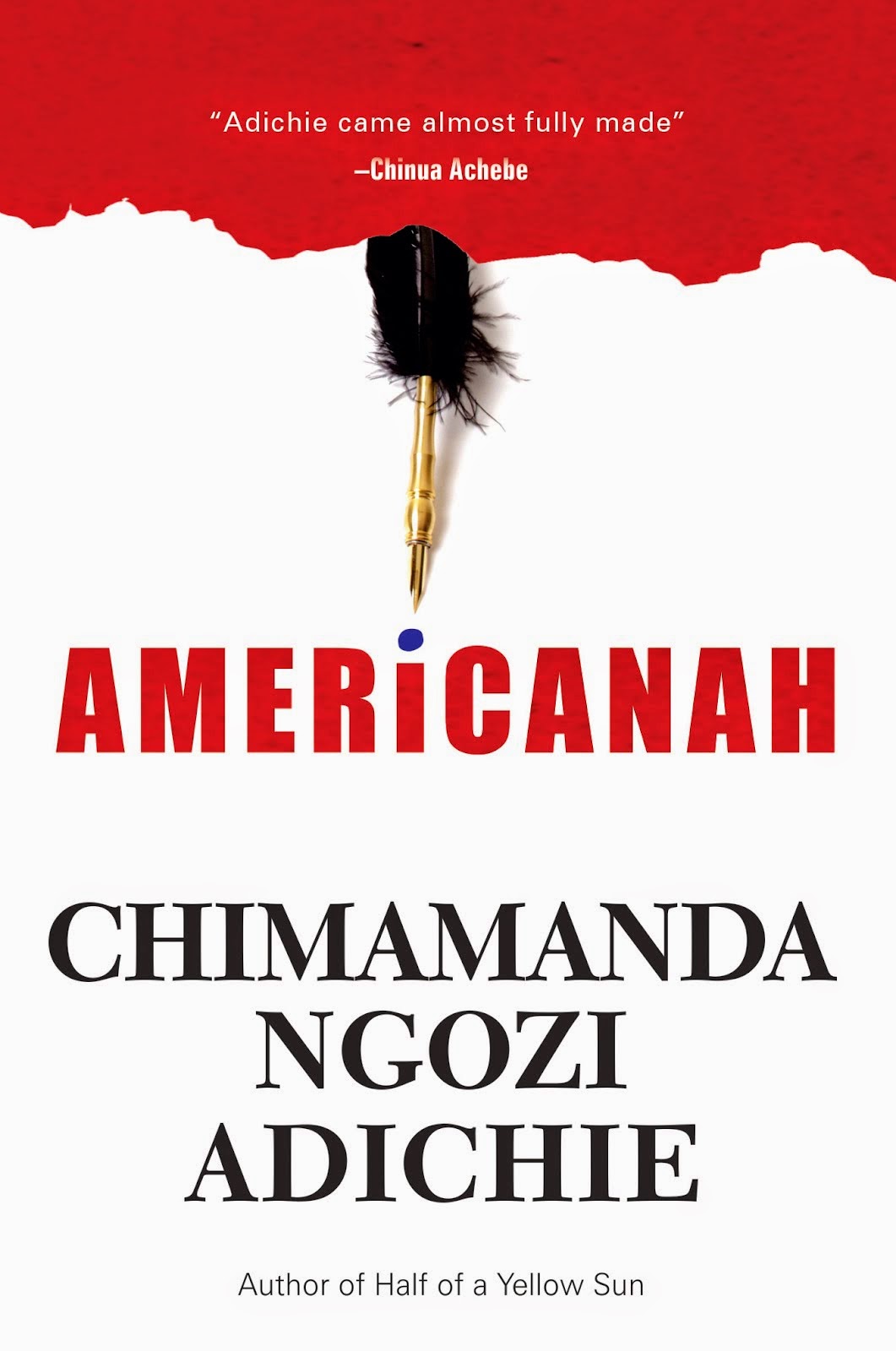 By Jane Austen
By Jane AustenWhen I read Austen, I give in my full; I devour each sentence slow and steady, to not miss the hidden ironies and meanings. It was the same with Mansfield Park; though, this book depicted societal anxieties and graceful feminism more than the usual ironic humor her other novels are full of. To say that Mansfield Park may be Austen’s most solemn work may be right in every way.
The central character of this story is Fanny, the girl who comes to live with her rich cousins, as a symbol of goodwill shown by a wealthy sister to a poor one - with an enormous family. Though shy and timid in the beginning, Fanny transcends to make Mansfield her home, learns to love and find happiness, even though she is constantly reminded of her position and liberties in comparison to her cousins who share the same roof. And as the story progresses, Fanny returns to her own family many years after, only to realize that her heart resides at Mansfield, even though it has its painful moments.
There is a clear merit of countenance and attitude that is depicted in each character of the story. While Austen comments on the impact of a change in morals based on “London ideals” which interferes with the traditions of a country side, she is also adept in mentioning that mismanagement and undue austerity can result in rendering a house-hold in tumult. Such is the foundation of the novel; where she portrays Fanny to define scrupulousness in a society that is tending to be fluid.
Though quiet and demure by nature, Fanny is what one would define a mature feminist, as the story evolves. She is all calmness and propriety, yet never deters from her principles for anything or anybody. Sometimes the distinction is so blatant, one is to wonder if Austen deliberately, wanted to compare good and evil; love and compromise.
Then again, nothing is evil forever; even the most immoral character, shows remorse and has moments of reform. There are also philosophical endeavors and moments to welcome change, which is natural. And all of this is done in shades of black of white; while Edmund’s compassion and attachment is handled with patient disposition, Maria’s is all edginess and amoral; while Miss Crawford is blunt and impolite in her wants, Fanny is modest and all-enduring.
All in all, though I did not enjoy this novel the way I loved the other Austen books, it was indeed a pleasure to read. Take up this classic to draw in a complex, severe and compassionate world, so well rendered to burn the reading lamp.
































